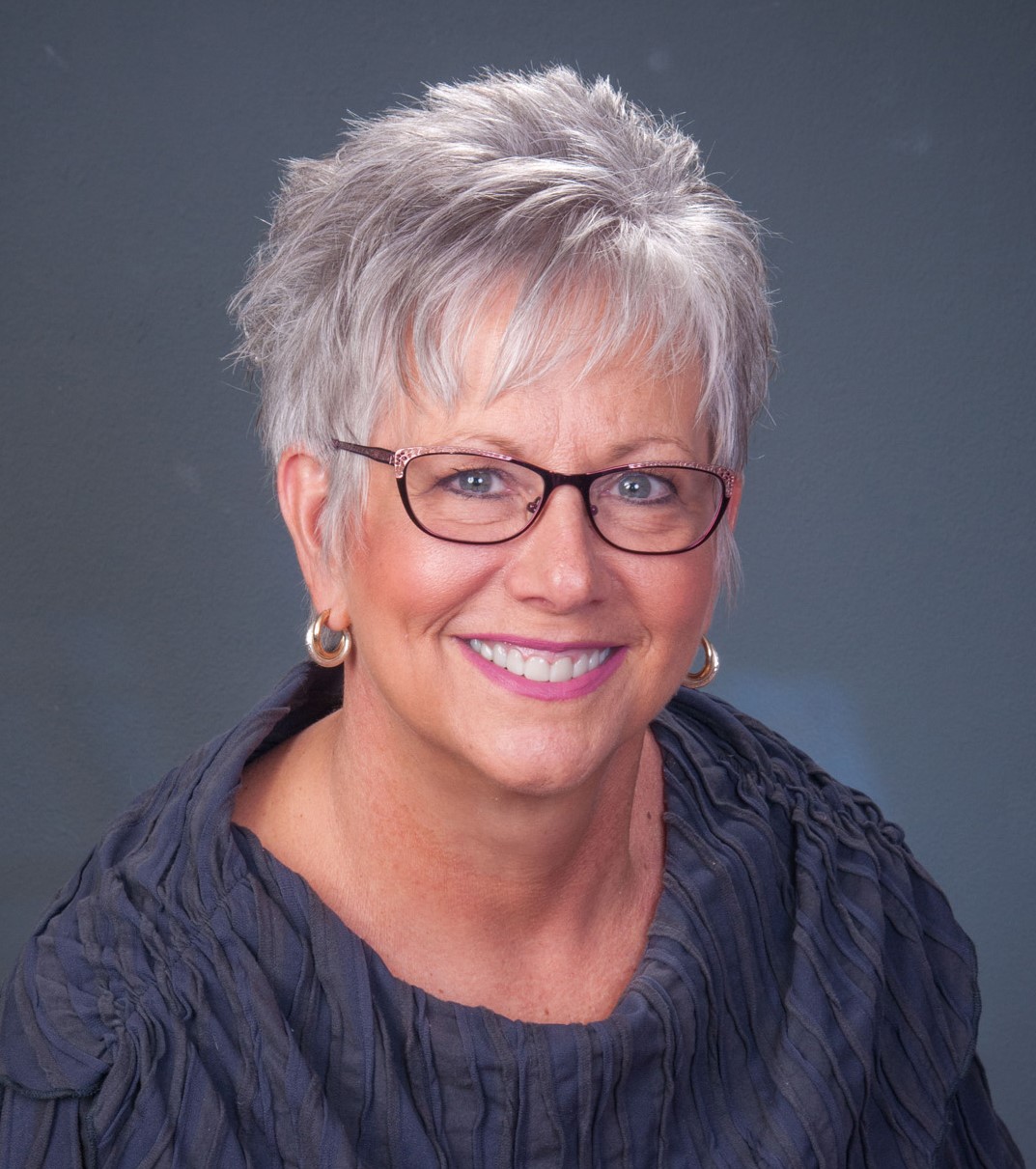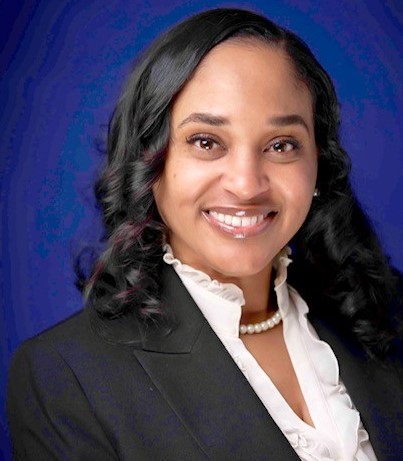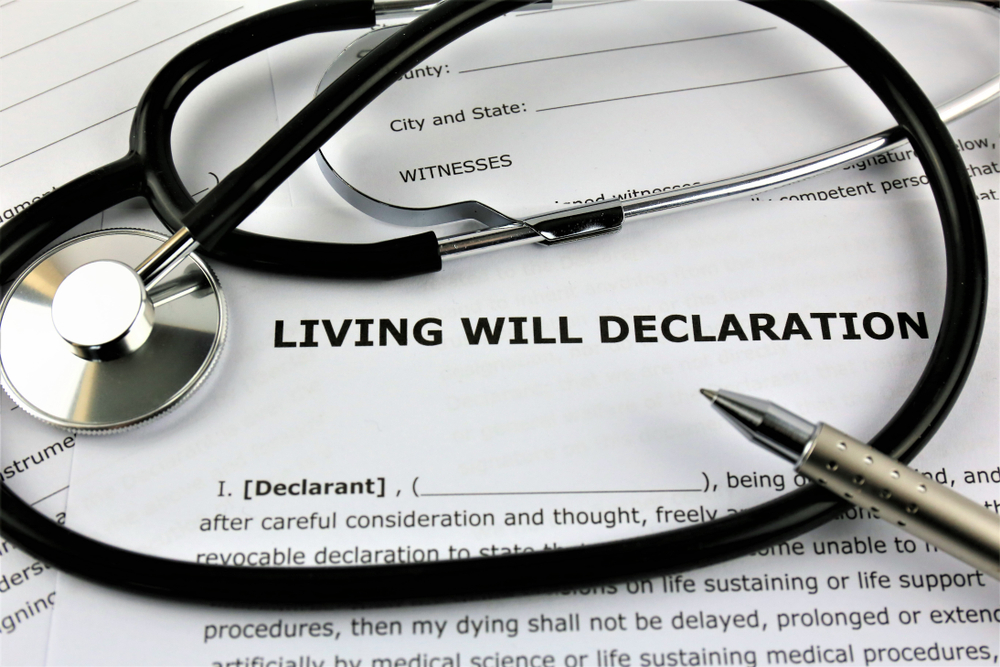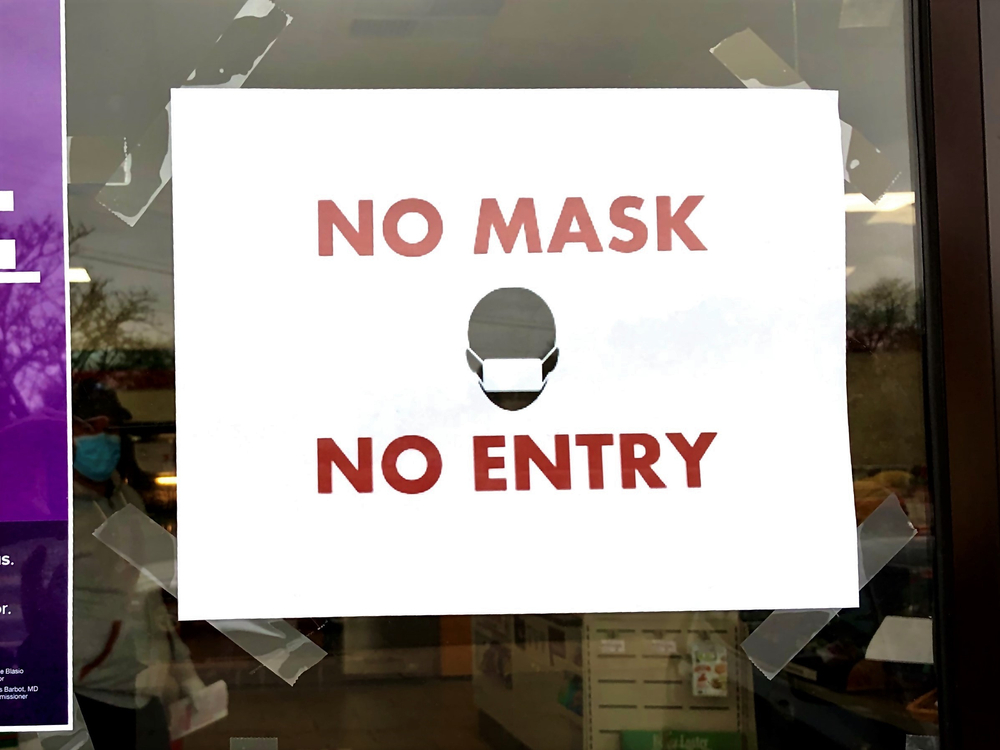Creating a living will is something everyone agrees is a prudent move, but also something nobody wants to think or talk about.
End of life conversations are extremely hard, more so perhaps, when the end seems a long way off. But that’s the time to document one’s wishes.

“The ideal time to do that is when you are not coming to the hospital. Your provider can walk you through it,” said Colleen Walters, vice president of Mission and Ethics for BayCare Health System. The medical group includes 15 hospitals in Florida.
RELATED: Your family might need a power of attorney right now. Here's why.
RELATED: Sue your own insurance company? Do your homework first.
A living will is the document that states what means you would want to be kept alive if you are incapacitated and cannot make the decision at the time. It typically states what types of medical intervention you would like used or not used if you are going to die of natural causes.
Many state departments of health, hospitals and healthcare agencies offer a free living will form on their websites. State laws vary on requiring witnesses and a notary public.
It’s not required, but Walters suggests talking with a doctor to understand all the variables. Insurance covers this consultation, she added.
“It’s a pretty sensitive conversation,’’ Walters said. “You want to be able to have time to navigate all of it.”
The question at hand isn’t as simple as support or “pulling the plug” from life support.
There are options to have CPR if the heart stops, breathing devices and/or nutrition through veins, nose or stomach. Even antibiotics can be considered medications that delay imminent death.
“These are tough conversations, but we encourage people to have them with their providers and their family members,” Walters said. “The patient keeps the original (copy of living will) and makes copies for anyone in the family who would be a substitute decision maker.”
A copy can be put on file with most hospitals by mailing it to the medical records department.
DNR and POLST
A doctor’s signature is required for two other end-of-life directives: a Do Not Resuscitate order, known as a DNR, and Physician Orders for Life-Sustaining Treatment, known as a POLST.
These documents, which come into play in emergency situations, are carried by the patient or posted in a prominent location in their home, such as a refrigerator.
Emergency responders know to look here for such documents. They are also placed on record with assisted living facilities and hospitals.
The DNR is always on yellow paper and the POLST is always on pink or salmon-colored paper.
Hospitals and emergency medical technicians who arrive when 911 is called are required to do their best to revive someone who isn’t breathing or has no heartbeat. The POLST and DNR can alert emergency medical providers not to attempt life-saving measures.
A DNR addresses resuscitation. A POLST can indicate preferences on the following:
- Should a feeding tube be administered and if so, for how long
- Does the patient want to be moved to a hospital
- What life-prolonging medical interventions are allowed beyond keeping the patient comfortable
The POLST document does not exist in every state but is becoming more widespread. The directive applies only to people with advanced illnesses and is based on a patient’s current condition, while a living will is about preferences in a hypothetical situation in the future.
Durable power of attorney for healthcare
Appointing someone as a durable power of attorney or healthcare surrogate often goes hand in hand with a living will.

“You can literally specify whatever it is you want your power of attorney to have control or power to do in terms of decisions. It can be as broad or narrow as people choose,” said Ayanna Neal, an attorney at Grewal Law in Okemos, MI, and a LegalExaminer affiliate.
She recommends young adults establish a healthcare surrogate when they turn 18, because parents no longer have a clear right to make decisions or see their medical records.
“You think of (living wills and healthcare surrogate) as something for older people, but they can be very helpful for younger people, too,” she said.














